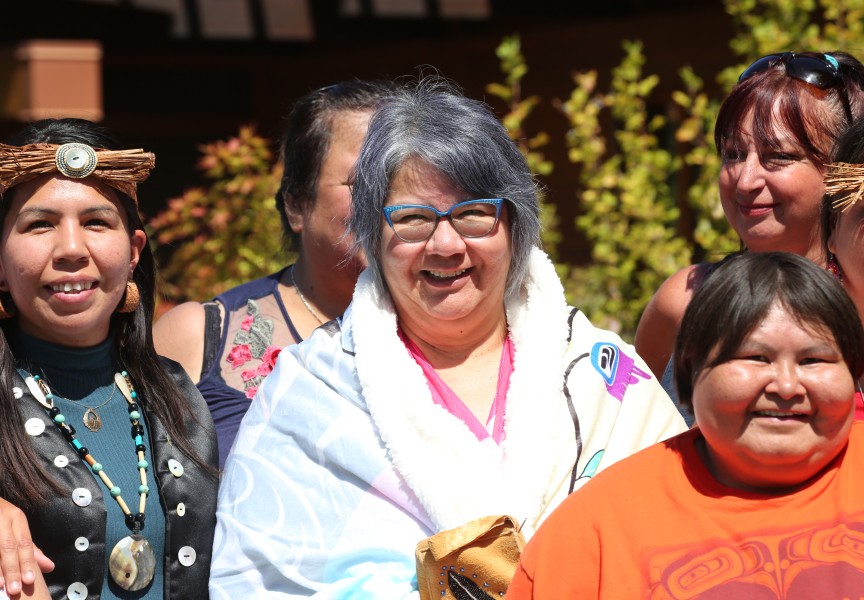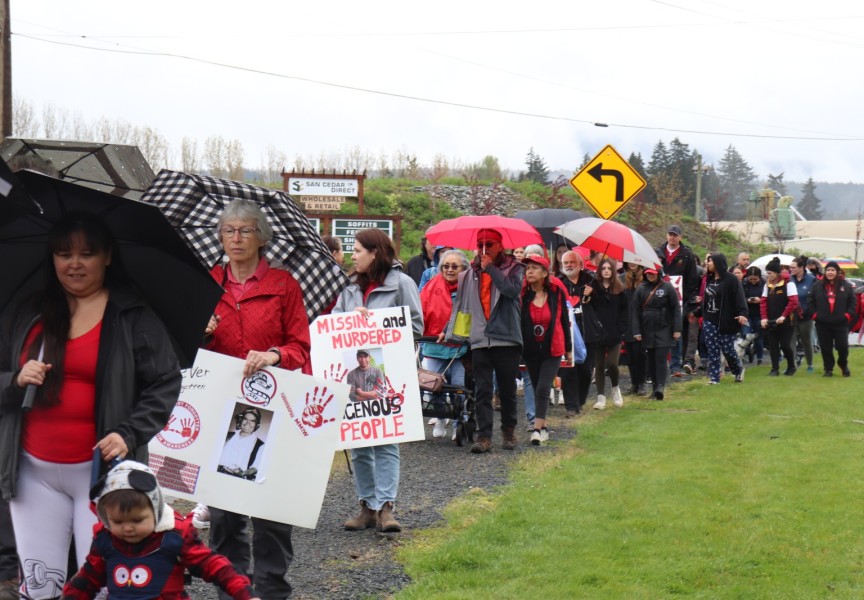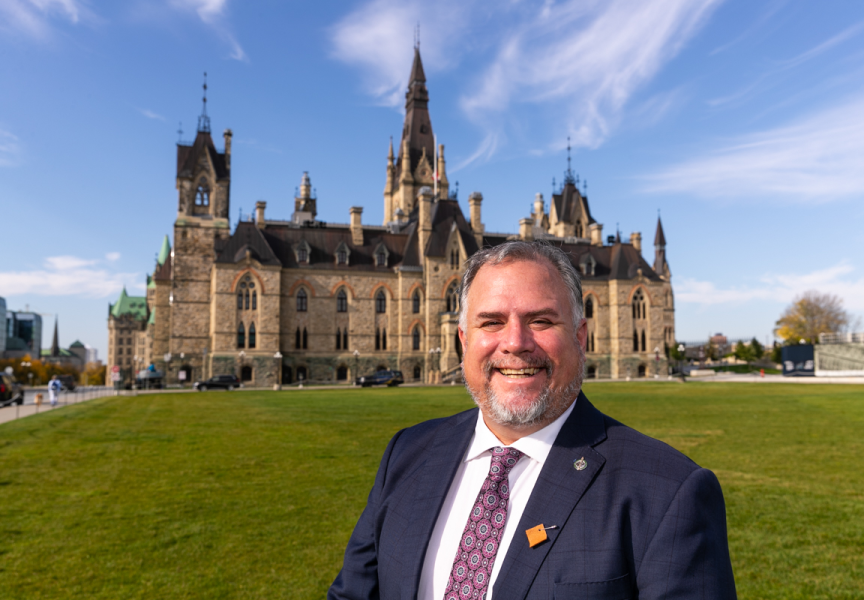After many decades working for aboriginal rights in Canada and the United States, respected anthropologist Dr. Barbara Lane passed away on December 31, 2013 in Arlington, Washington. Known widely for her contribution to legal cases between the United States and First Nations from the state of Washington (leading to the Boldt decision), Dr. Lane was also a key witness in the Nuu-chah-nulth fishing rights case.
Former NTC President, Clifford Atleo, first met Dr. Lane in the 1980s while working for the Native Brotherhood of British Columbia. Aware of the body of evidence supporting Nuu-chah-nulth Nations, she once said to him, “You know, there is more information to support an aboriginal fishing rights claim for Nuu-chah-nulth Nations than there was for the Boldt case.”
Although Atleo knew there was a lot of evidence, he respected Dr. Lane’s particular perspective. “The court system recognizes expertise like Barbara’s. I have no doubt that her testimony had a bearing on the outcome. She could understand and translate what she knew for the legal system.”
In 2006, Dr. Lane testified on behalf of Nuu-chah-nulth Nations inAhousaht et. al. vs Canada, providing an expert report and testimony for the case based on recorded Nuu-chah-nulth history. Dr. Lane’s contribution revealed new sources of information from the early European explorers documenting extensive Nuu-chah-nulth trade and economic practices. The trial judge specifically commented on Dr. Lane’s ability to testify about pre-contact Nuu-chah-nulth economic practices, including the trade in fish.
“Barbara Lane made an immense contribution to the success of the Nuu-chah-nulth fishing rights case,” says Matthew Kirchner, a member of the legal team for Nuu-chah-nulth Nations. “She and her colleagues unearthed a tremendous amount of historical evidence, much of which had never been put before a court.”
Related: http://www.hashilthsa.com/news/2014-01-30/nuu-chah-nulth-fishing-rights-upheld-supreme-court
In her expert report, Dr. Lane carefully analyzed these materials and used her years of experience and her deep understanding of Nuu-chah-nulth culture to present a very clear and persuasive picture of the importance of fishing and trading fish in pre-contact Nuu-chah-nulth society. “The quality and contribution of her work was remarked upon by the judges who heard the case, and who expressly relied on her report in ruling in favour of the Nuu-chah-nulth,” Kirchner says.
Throughout her career, Dr. Lane’s work was well known and respected by First Peoples, the academic community, and legal circles. She received her PhD from the University of Washington in 1953. Later Dr. Lane held positions at the Universities of Washington, Hawaii, Pittsburg, British Columbia, Victoria, and Western Washington.
In 2006, Dr. Lane was awarded an honorary Doctor of Law Degree from the University of Victoria for her expertise and contributions to First Nations anthropology and rights. Her home and office was located in Victoria for many years.
Dr. Barbara Lane will be remembered by the many people she touched during her illustrious career.






